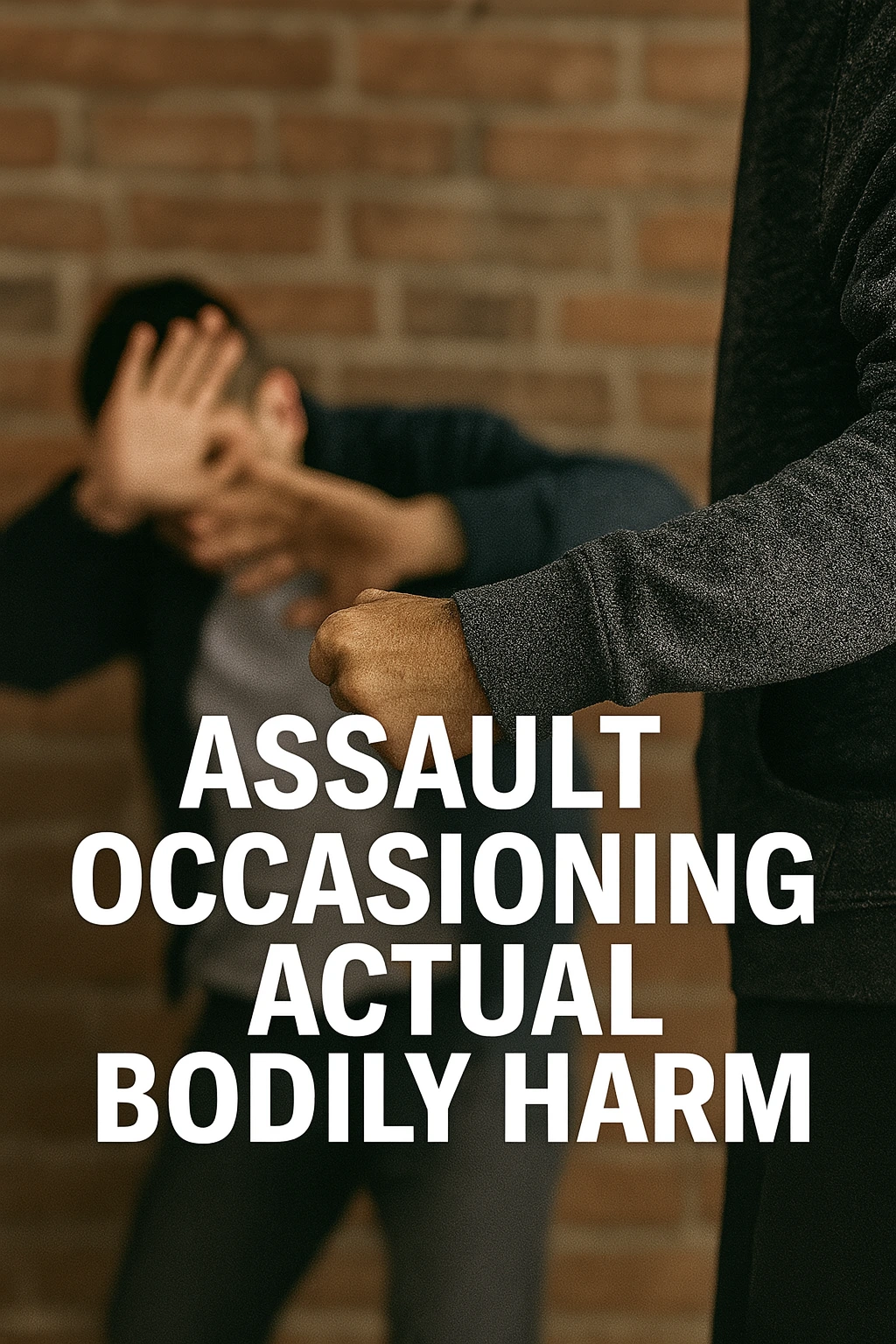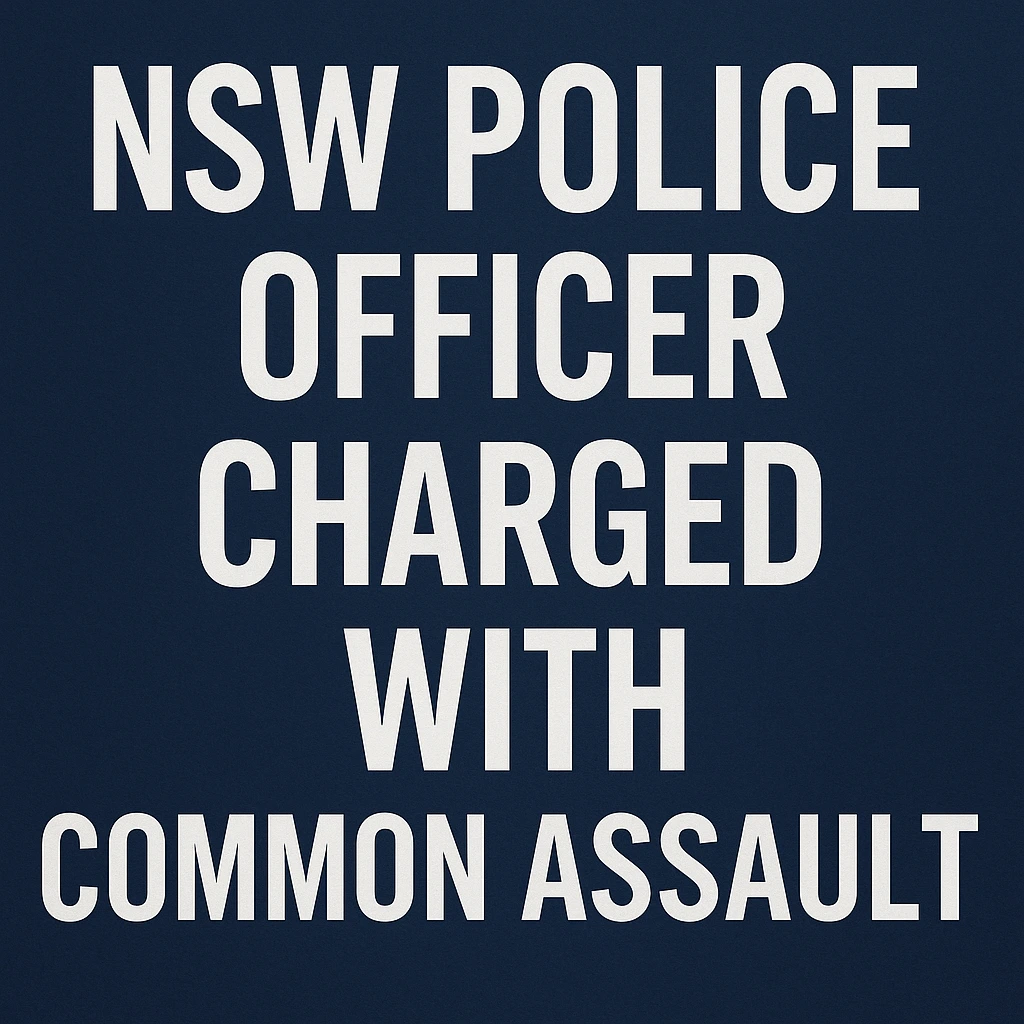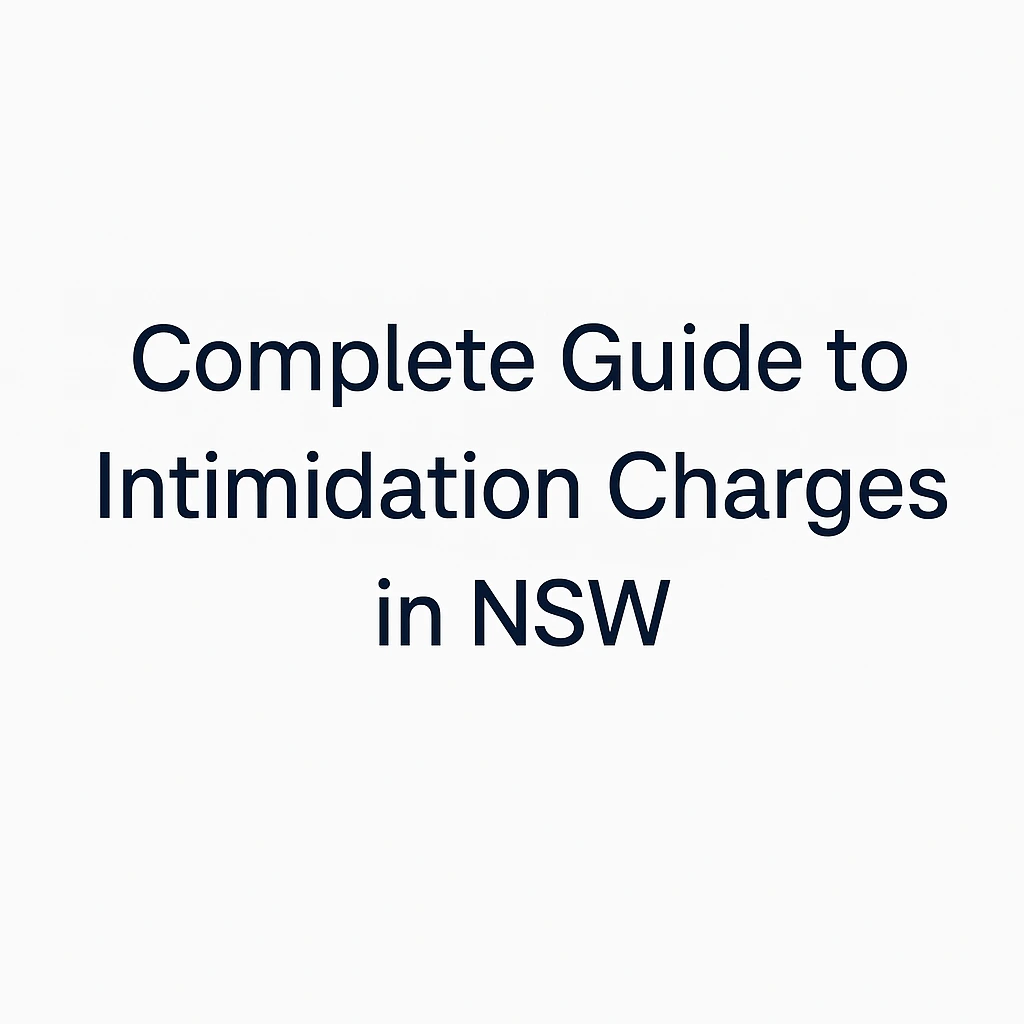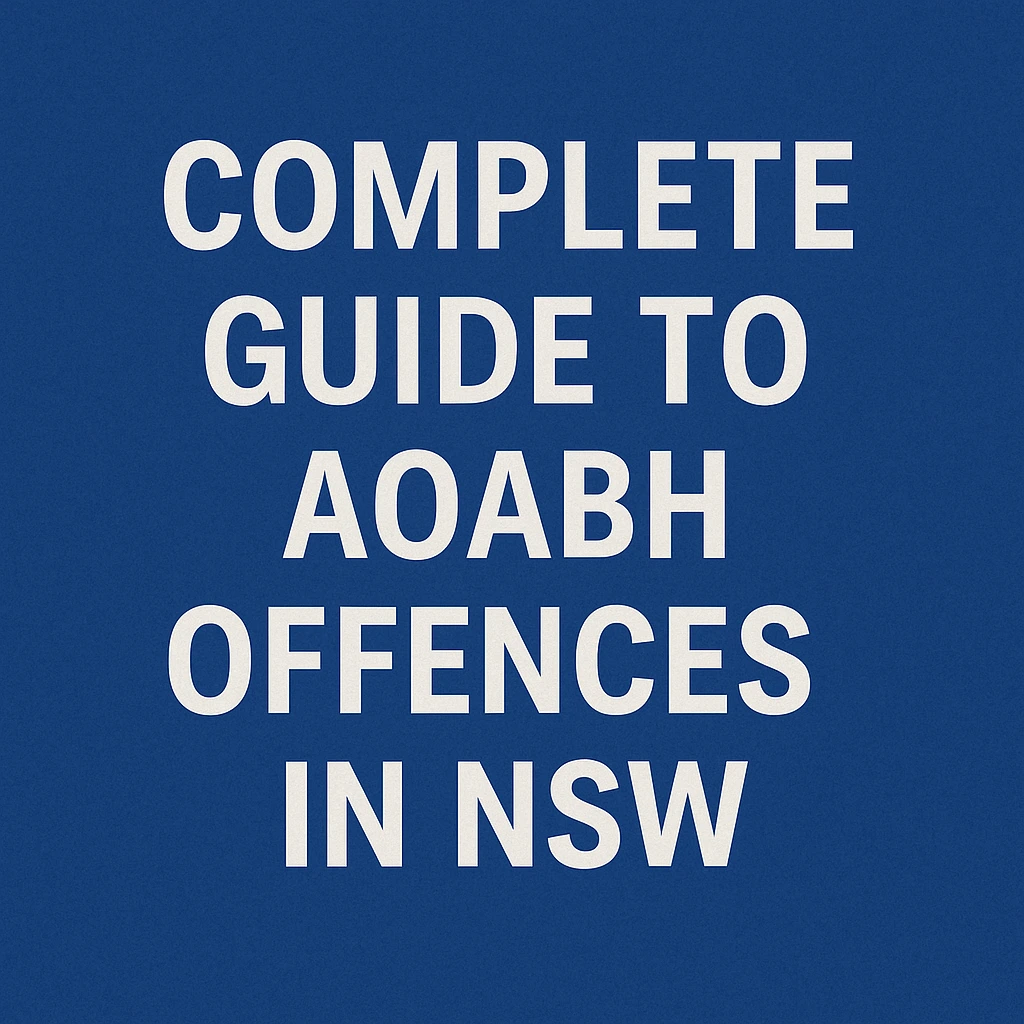Assault occasioning actual bodily harm (ABH) is a serious criminal offence in New South Wales (NSW). It refers to situations where an assault causes more than a trivial or fleeting injury. This blog explains what actual bodily harm means, provides legal definitions and examples, outlines potential penalties, and discusses available defences.
“Actual bodily harm” refers to injuries that are more than transient or trifling. These include bruises, cuts, and other injuries that persist beyond momentary discomfort.
Case law defines actual bodily harm as any hurt or injury that is “more than merely transient ”.
It’s important to note that actual bodily harm (ABH) is considered less serious than grievous bodily harm (GBH).
Examples of assault occasioning actual bodily harm include:
- Black eye
- Deep bruising
- Scratches or cuts
- Minor fractures
These injuries differentiate assault occasioning ABH from common assault t2, which does not require physical injury.
Legal Elements of Assault Occasioning Actual Bodily Harm Offence
In NSW, the offence of Assault Occasioning Actual Bodily Harm is contrary to Section 59 of the Crimes Act 1900 (NSW).
The law states that “Whosoever assaults any person, and thereby occasions actual bodily harm, shall be liable to imprisonment for five years.”
To secure a conviction for assault occasioning ABH, the prosecution must prove the following elements beyond a reasonable doubt:
- Assault or Application of Force
- The act was intentional or reckless
- Actual bodily harm resulted from the assault
- No lawful excuse or consent was present
Failure to prove any of these elements beyond reasonable doubt will result in acquittal.
The maximum sentence for assault occasioning actual bodily harm is:
- Up to 2 years in prison if dealt with at the Local Court
- Up to 5 years in prison if dealt with in the District Court
- Up to 7 years if committed “in company” with others
There is no prescribed minimum sentence for assault occasioning actual bodily harm. Sentences may range from dismissals to full-time imprisonment depending on:
- Severity of injury suffered by the victim
- Offender’s criminal history and subjective case
- Context (e.g. domestic violence) of the offending
- Circumstances of the offence
If ABH is committed in a domestic context, it is classified as assault occasioning actual bodily harm dv t2. Courts treat these matters very seriously and often impose stricter bail conditions and sentences.
Assault Occasioning ABH - Defences
Assault Occasioning ABH - Self Defence
If the accused used reasonable force resulting in assault occasioning actual bodily harm to protect themselves or another, this may constitute a complete defence.
Assault Occasioning ABH - Duress
If the person commits assault occasioning actual bodily harm due to threats or coercion, duress may apply.
Assault Occasioning ABH - Identification
Where identity is a fact in issue, your criminal defence lawyer argue identity or put the prosecution to full proof of identity.
Frequently Asked Questions about Assault Occasioning ABH
Q1: What is the legal definition of actual bodily harm in NSW?
Actual bodily harm includes any injury that is more than transient, such as bruises or cuts, but less severe than grievous bodily harm.
Q2: What’s the difference between common assault t2 and assault occasioning ABH?
Common assault does not require physical injury. ABH involves visible injury and carries heavier penalties.
Q3: Is assault occasioning ABH a serious offence in NSW?
Yes. While less serious than grievous bodily harm, ABH is a serious charge with penalties of up to 5 years imprisonment.
Q4: Can I avoid jail for a first offence of ABH?
Possibly. Courts consider prior criminal history, remorse, and the severity of the injury. Non-custodial options are available to the Court.
Q5: Do I need a lawyer for an ABH charge?
Yes. An experienced criminal defence lawyer can assess the case, raise applicable defences, and negotiate the best possible outcome.
Q6: What is ABH in NSW law?
If you are wondering what is ABH, it refers to an assault which causes Actual Bodily Harm under section 59 of the Crimes Act 1900 (NSW). It refers to an assault that causes injuries more than minor but less serious than “grievous bodily harm” — for example, bruising, scratches, or swelling.
Charged with Assault Occasioning Actual Bodily Harm? Contact our criminal defence lawyers for clear advice and strong representation. Free consultations available.





